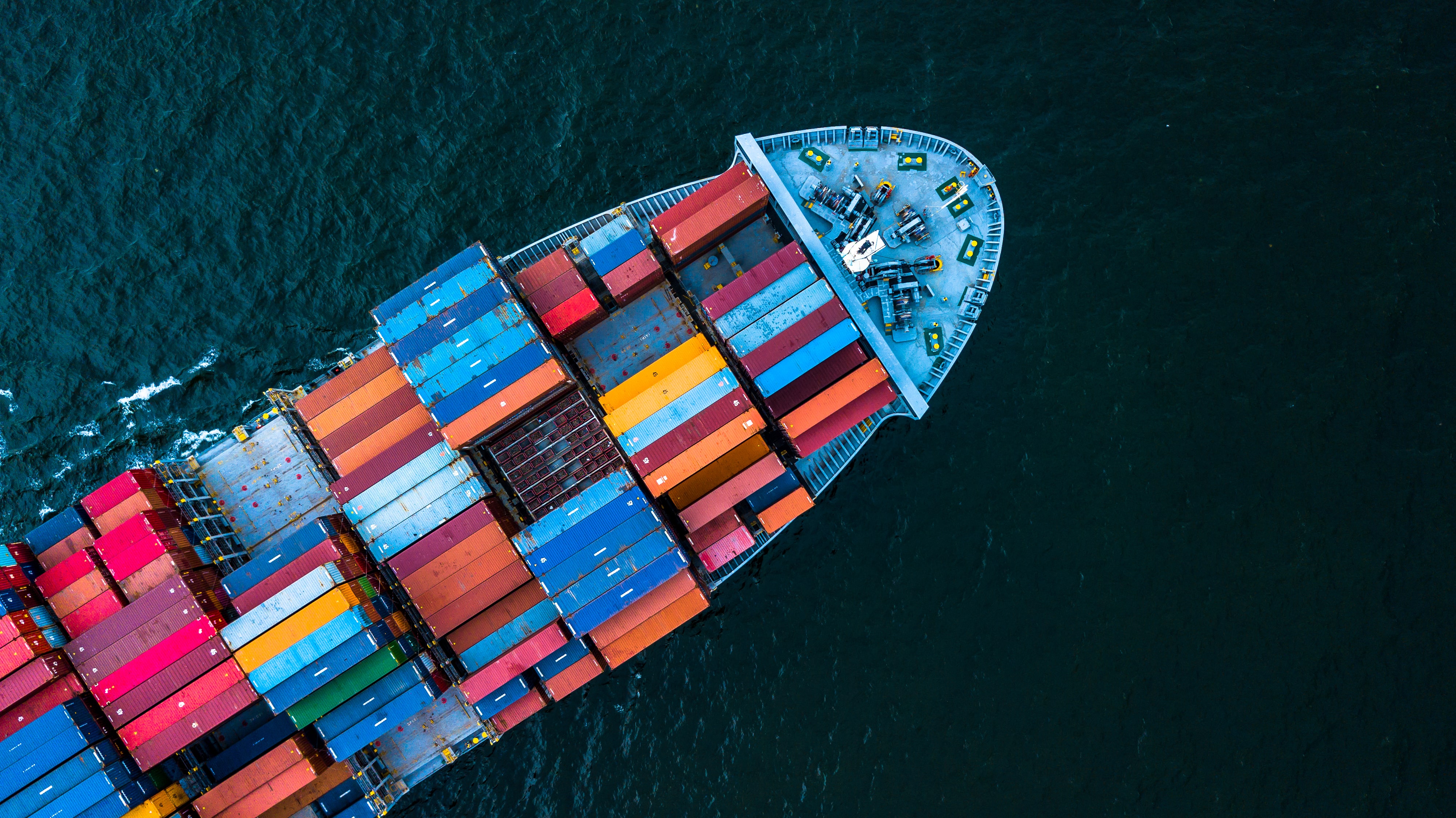
Many ports are facing financial ruin, shipments are being cancelled and containers are piling up at major transportation and logistics hubs. These are just some of the consequences of the coronavirus pandemic that are sweeping across the maritime industry.
Over April, there has been a steep rise in deep-sea sailings that have “blanked” (when a ship is declared to be void, or in other words cancelled by the carrier) as ship carriers cancel their planned shipments. This number reached over 435 sailings in April, (equivalent to 7 million twenty-foot equivalent units, TEU, container capacity to Europe and US) according to Sea-Intelligence, a Copenhagen maritime analytics firm.
There have been further cancellations by Maersk and Hapag-Lloyd too. The spike in “blank sailings”, follows a sustained rise over April in the number of cancelled Trans-Pacific sailings from 13% in the week beginning the 6th-13th April through to 28% in the week beginning, April 20th - 26th April, according to Freightwaves.
Many in the industry expect the cancellations to extend into July. Analysing the numbers is uncertain as the carriers are split into two different groups, both of which have opposite approaches to reporting any “blank sailings”.
The so-called 2M Alliance (which comprises Maersk, Hapag-Lloyd, HMM and Ocean Network) announce most of their blank sailing in advance and add any further cancellations as the situation evolves. Meanwhile, The Ocean Alliance, made up of COSCO, CMA CGM, Evergreen and OOCL, announce their blank sailings within a shorter period of time. To put this in perspective, from the period of May 25 to July 5, 2M members have blanked 19% to 21% of sailings. Ocean Alliance members have only blanked 6% of sailings, according to Sea-Intelligence.
In the US, the American Association of Ports Authorities (AAPA) asked Congress to consider a $1.5 billion grant program to help members weather the financial shocks due to COVID-19. The inevitable loss of volume could trigger a direct loss of 130,000 jobs, the AAPA warned.
For ports and terminal operators, the pandemic has caused a sharp reduction in volume of cargo being processed at their ports, threatening a key revenue source. AAPA analysis shows that containerised cargo is down 20% to 25% from the same period in April 2019. “Blank Sailings” are resulting in a revenue loss of roughly $300,000 for every blank sailing at every US large port.
Many terminals are struggling to meet minimum cargo volume commitments that are required as part of their leasing agreement with port authorities.
Roll-on and Roll-Off cargoes, which are typically cars, have fallen from being an average of four ship calls per week to one ship call in a month. Furthermore, as the AAPA points out, if production restarts in Sweden or Germany, the lag time will be two months for the US, as this is when any finished product would reach US ports.
Yet, the largest financial hit will be smaller US ports, which number more than 800 and process less than 1 million tons of cargo every year in the US. It will be these ports that struggle to survive without any demand.
Many ports are facing congestion on both fronts – goods cannot be shipped out of ports and goods cannot be brought into ports. Therefore, many carriers have been forced to shoulder the huge costs of storing cargo such as agriculture and food, which will require additional costs – refrigeration, for example.
As an illustration, Mediterranean Shipping Company set up the Suspension of Transit (SOT) program to accommodate containers from Asia. It arranged for special yard storages at six hubs: Bremerhaven, Germany; Busan, South Korea; King Abdullah Port, Saudi Arabia; Lome, Togo; Rodman PSA Panama International Terminal, Panama and Tekirdag Airport, Turkey. It has since extended this to Freeport, Bahamas; Gioia Tauro, Italy; Klaipeda, Lithuania and Las Palmas, Spain.
The program would in essence allow cargo owners from Europe and North America to avoid higher demurrage costs (charge payable to the owner of a chartered ship on failure to load or discharge the ship within the time agreed).
The restrictions on non-essential travel has created bottlenecks at port terminals, where retailers and manufacturers are not picking up required goods and goods cannot be shipped out of the terminal. As result, many cargo owners are running out of warehouse capacity.
This could have a substantial impact on supply chains, as with valuable cargo stuck at ports, many consumers and businesses will not be able to get access to valuable goods.
Many ship carriers find themselves in a similar position to their aviation counterparts, which have learnt that their insurance policies will not cover the disruption caused by the current pandemic.
The Maritime Executive outlined what cargo owners, importers, risk managers and insurers need to monitor over the current crisis:
Secondly, given that most cargo is held at ports or storage locations for an extended period, this will test current insurance policies. For example, most policies will exclude loss or damage to cargo caused by delay.
Over the coming months, the maritime industry and their reinsurers will need to work together along with Governments in order to try and get cargo moving and firm up coverage. Otherwise, once again, it will be consumers and businesses that will suffer.